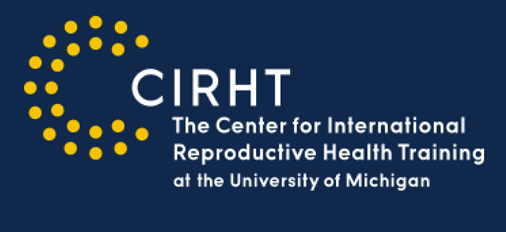Speaker
Description
BACKGROUND
Common mental disorders (CMDs) are prevalent among women who have had abortions, causing significant physical and psychological pain. These disorders can have a major impact on women's life and the outcomes of therapy, but little is known about how common they are among women who have had abortions in sub-Saharan Africa, especially Ethiopia. The aim of the study was to assess the magnitude and determinants of common mental disorders following abortion among women of reproductive age in Addis Ababa health facilities.
METHODS
The study was conducted in Addis Ababa's health institutions among 460 women aged 18-49 years who had had at least one abortion in the past month. The data were collected, cleaned,reviewed, and checked for completeness using Kobo Toolbox before being exported to SPSS version 27 software for analysis. Descriptive statistics and binary and multiple logistic regressions were computed.
RESULTS
This study aimed to examine the prevalence and factors contributing to common mental disorders (CMD) among women who had abortions in Addis Ababa health institutions. The research found that 18.2% of women experienced CMDs within 30 days post-abortion, with factors such as cohabitation status, occupation,and unemployment influencing mental health outcomes. Women in non-paying jobs or those unemployed had higher rates of CMDs, while those with children or who used contraception before pregnancy had a lower risk. Additionally, substance use and intimate partner violence were strongly linked to CMDs, with stigma and discrimination further exacerbating mental health issues. The study highlights the importance of sociodemographic factors, emotional support, and access to resources in mitigating mental health challenges following abortion.
CONCLUSION AND IMPLICATION
The findings of this study underscore the importance of interventions that focus on comprehensive mental health-related counseling service integration with comprehensive abortion care for women undergoing abortions that address access to mental health services,family planning services,substance use, intimate partner violence, stigma, and discrimination. Referral pathways should be in place and these services should be available and accessible to all women who need them might also help reduce or minimize common mental disorders. The government, program planners, and implementers should develop and implement counseling services and mental health support for women during abortion services that aim to reduce stigma and discrimination.


